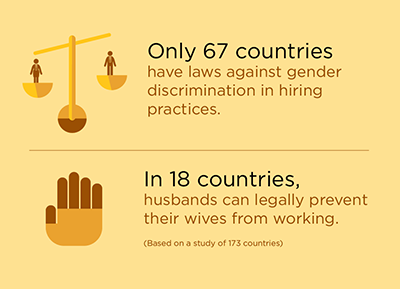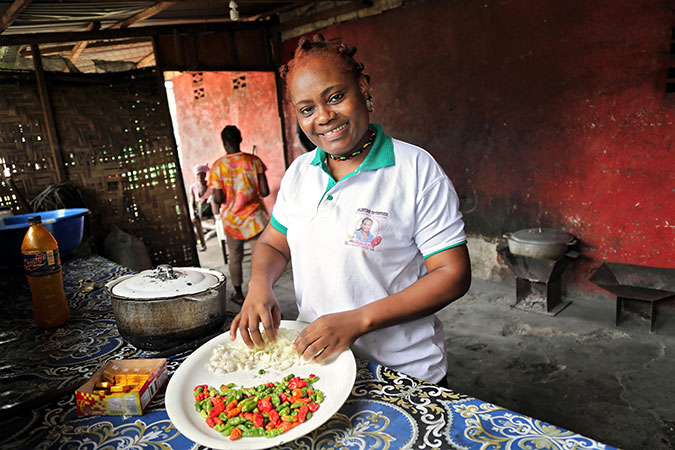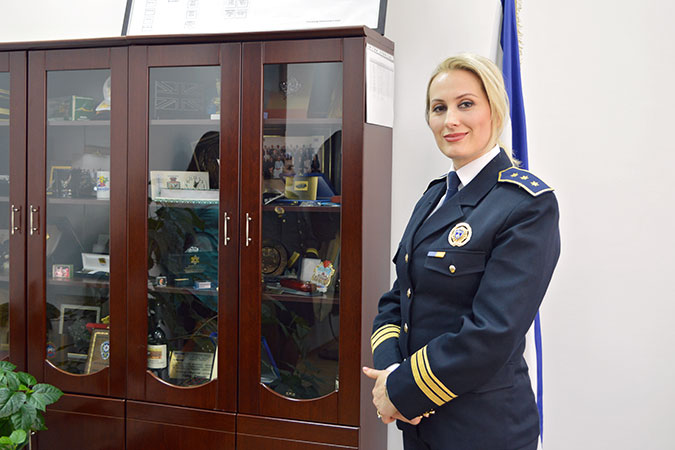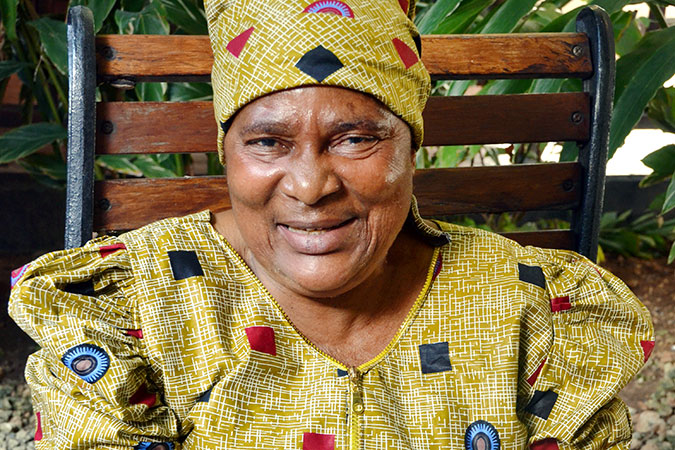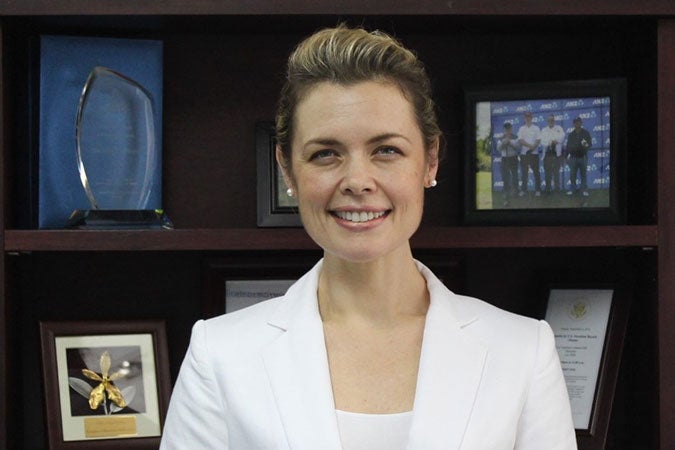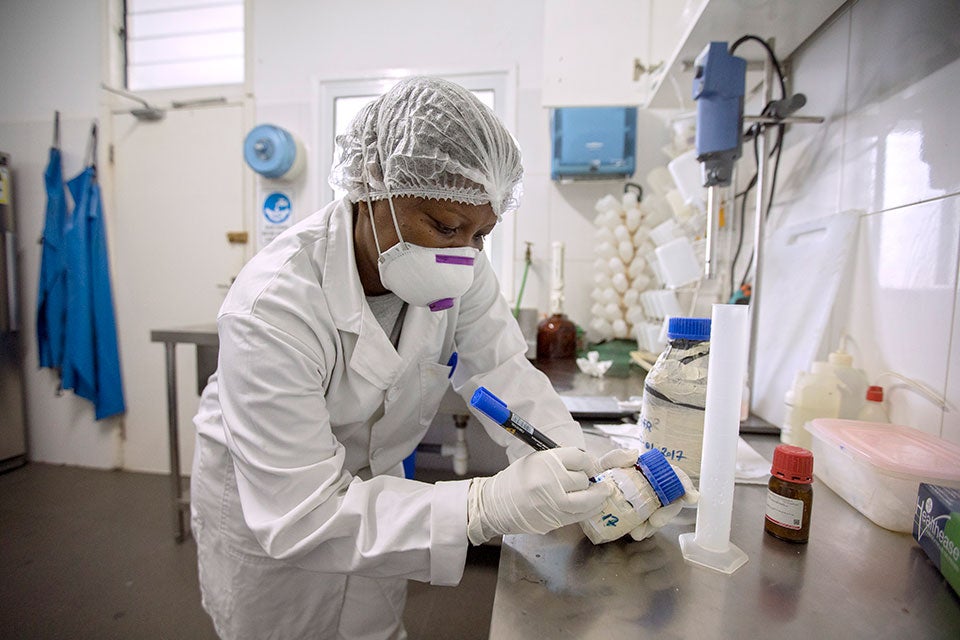Remove the barriers
In every country around the world women face multiple barriers and gender-based discrimination in the work place. The discrimination sets in early—from the kind of education girls get or till which age, to the kind of work they are channeled into. In both private and public spheres, women face occupational segregation, and multiple barriers—such as lack of access to land, capital, financial resources and technology, as well as gender-based violence—due to cultural mindsets and stereotypes. These obstacles make it harder for women to get on an equal footing with men in the world of work. Legal barriers further compound gender inequalities.
While legal frameworks covering sexual harassment in employment do exist in 114 economies [1], enforcement and access to justice is still slow and challenging. Additionally, in 155 out of 173 economies, at least one gender-based legal restriction exists on women’s employment and entrepreneurship [2].
From where I stand: “Some demand sex before awarding a contract”
Sarah Quaye Reeves is a proud restaurant owner whose business has grown and become more competitive since the expansion of business registration and other services came to her city. But her number one challenge remains the daily sexual harassment from some of her male customers.
“The main challenge for me as a woman business owner is the daily sexual advances from male customers and men who represent offices that I provide catering services for. Some demand sex before awarding a contract…” Read Sarah’s story»
Other voices:
Bringing women on an equal footing with men in Kosovo Police
Police work in Kosovo has been primarily seen as a man’s job. In 2010, only 12.5 per cent of Kosovo Police officers were women, and more than twice as many women (33 per cent) left the force after joining, compared to men (14 per cent). Gender stereotypes and cultural barriers were some of the main obstacles. Since the establishment of the Association of Women in the Kosovo Police, which trains and supports women to take on leadership roles and break the stereotypes, the percentage of women in the Kosovo Police has risen to 15 per cent. Read more»
From where I stand: “I became a man, just to access the mines”
Pili Hussein was Tanzania’s first woman miner, who disguised herself as a man to access the tanzanite mines. Today, she has 70 employees, a mining license, and wants to make sure that the next generation of women miners don’t face the same barriers as she did.
“I was 31 when I ran away from my abusive husband’s home and made my way towards the Mererani mines at the foothills of Mt. Kilimanjaro. When I arrived in Mererani, I was told that women were not allowed to enter the mines. I didn’t know if the law forbid women or the men didn’t think women could do the job…”Read more»
Take five: “Women in the organization view themselves as leaders”
Anna Green has fought for equality in the workplace her whole career. Now, as CEO of ANZ Lao, she’s using the Women’s Empowerment Principles (WEPs), an initiative by UN Women and the UN Global Compact, to empower other women and improve diversity in the company. Read more
Any job is a woman’s job
Work is rapidly transforming. Ending occupational segregation must be part of the shift. See the photo essay»
Notes
[1] World Bank, Women, Business and the Law 2016: Getting to Equal
[2] ILO, Women at Work: Trends 2016 (Geneva, 2016a)
